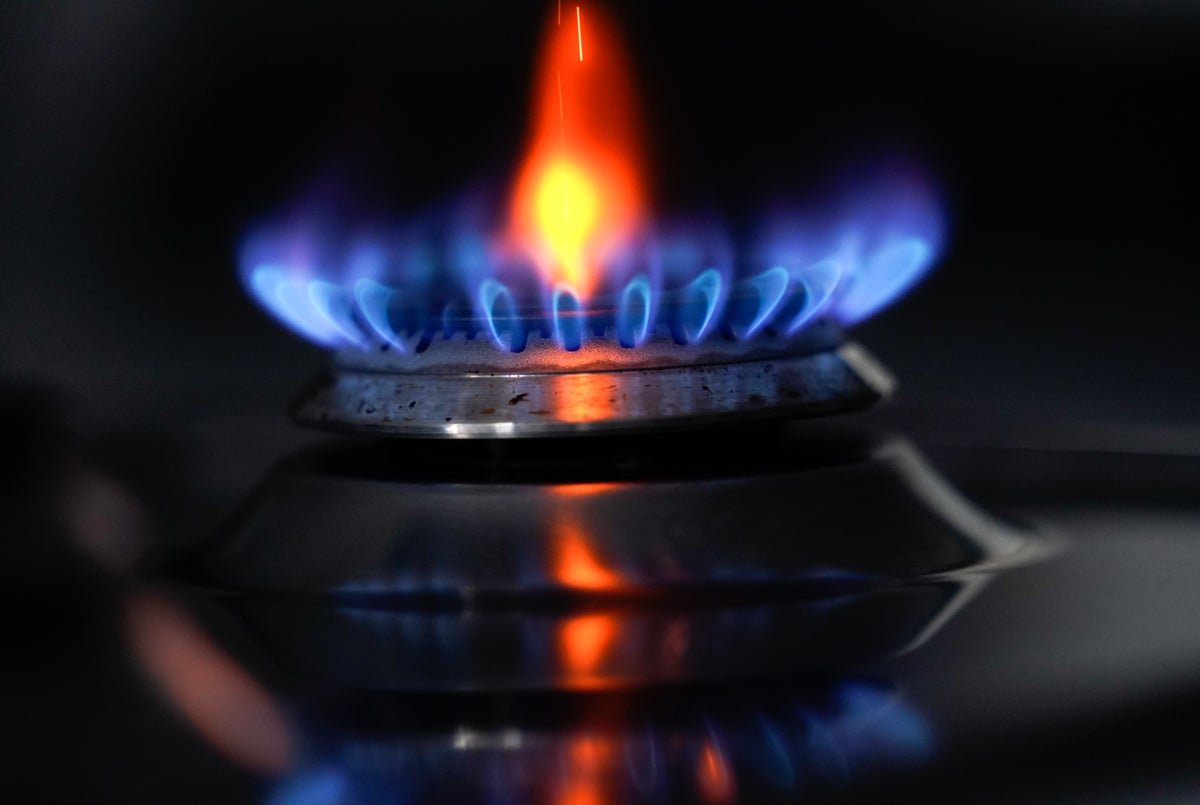
UK households will collectively pay an extra £2.7bn to cover the costs of 28 energy suppliers that have gone bankrupt, according to a damning report from the National Audit Office.
This means that each household has to pay an average of £94 more on their bills, on top of the massive increases resulting from soaring gas and electricity prices and rising food, fuel and other essentials.
Years of failures by energy regulator Ofgem were partly responsible for the rising bill, the NAO found.
Consumers face even higher costs when the bill finally arrives for the collapse of Bulb, the biggest supplier to run into trouble this year.
Bulb was seen as too big to fail and was bailed out by the government, with £1.9billion of public money currently earmarked to cover the costs.
While soaring wholesale gas and electricity prices were the catalyst for a crisis that pushed suppliers over the edge, Ofgem’s actions increased the risks for consumers, the NAO said.
NAO chief Gareth Davies said Ofgem had allowed suppliers with fragile finances to enter the market and had not anticipated there could be a period of sustained high energy prices .
This allowed the development of a market “vulnerable to large-scale shocks”, he said.
He added: “Consumers have borne the brunt of supplier failures at a time when many households are already under significant financial strain, having seen their bills soar to record highs. A supplier market needs to be developed that really works. for consumers”.
The NAO found that Ofgem’s system to transfer 2.4million customers to new providers had worked well with the ‘vast majority’ of people experiencing no disruption to their gas and electricity. However, this has further increased household bills.
Citizens Advice had warned for a decade about the risks posed by allowing dozens of inexperienced companies without strong finances to set up as energy providers.
The charity’s chief executive said the report highlighted Ofgem’s “serious failures”.
“It is totally unacceptable that suppliers enter the market without proper checks and customers end up with a multi-billion pound bill as a result,” said Citizens Advice chief executive Dame Clare Moriarty.
The government had tasked Ofgem with boosting competition in the energy market in an attempt to break the stranglehold of Big Six suppliers.
The regulator acknowledged that the approach it had taken was too lax, that stricter criteria should have been in place and that consumers had lost money as a result.
Dame Clare added: “Ofgem has started to tighten its rules; now he has to make sure companies stick to it.
“The government must also play its part in protecting customers when their supplier goes bankrupt.
“This means a system overhaul to reduce the costs of future defaults and end harsh debt collection practices by administrators.”
The implementation of a price cap introduced by the government in 2019 has also been highlighted as a contributing factor to the recent chaos.
Ministers had wanted the cap to protect consumers and prevent suppliers from making excessive profits while driving up household bills.
However, the cap helped ensure the demise of suppliers who were unable to pass on rising costs to customers.
The most exposed were small suppliers and those who had failed to properly hedge against the risk of rising prices.
By the end of the year, more than two dozen had collapsed. The price cap has been raised to a record £1,971 to account for soaring wholesale energy costs. A further increase of up to £3,000 for the average home is expected in October.
Ofgem said it accepts the NAO’s findings and is working to resolve the issues raised.
“While the once-in-a-generation global energy price shock would have driven market exits under any regulatory framework, we have already been clear that suppliers and the financial resilience regime of ‘Ofgem weren’t robust enough,’ he said.
“While no regulator can or should guarantee that businesses will not fail in the future, we will continue to take a whole-of-market approach to further strengthen the regulatory regime, ensuring a fair and robust marketplace for businesses. consumers, which keeps costs fair as we move away from fossil fuels and towards affordable, green and local energy.”
More about this article: Read More
Source: www.independent.co.uk
This notice was published: 2022-06-21 23:58:31
